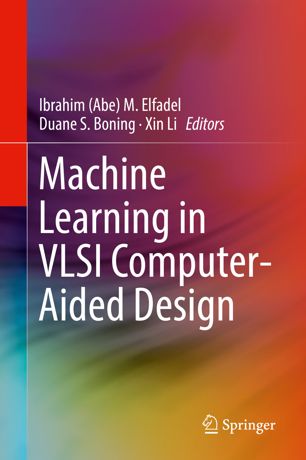

Most ebook files are in PDF format, so you can easily read them using various software such as Foxit Reader or directly on the Google Chrome browser.
Some ebook files are released by publishers in other formats such as .awz, .mobi, .epub, .fb2, etc. You may need to install specific software to read these formats on mobile/PC, such as Calibre.
Please read the tutorial at this link: https://ebookbell.com/faq
We offer FREE conversion to the popular formats you request; however, this may take some time. Therefore, right after payment, please email us, and we will try to provide the service as quickly as possible.
For some exceptional file formats or broken links (if any), please refrain from opening any disputes. Instead, email us first, and we will try to assist within a maximum of 6 hours.
EbookBell Team

5.0
38 reviewsThis book provides readers with an up-to-date account of the use of machine learning frameworks, methodologies, algorithms and techniques in the context of computer-aided design (CAD) for very-large-scale integrated circuits (VLSI). Coverage includes the various machine learning methods used in lithography, physical design, yield prediction, post-silicon performance analysis, reliability and failure analysis, power and thermal analysis, analog design, logic synthesis, verification, and neuromorphic design.
From the Foreword
As the semiconductor industry embraces the rising swell of cognitive systems and edge intelligence, this book could serve as a harbinger and example of the osmosis that will exist between our cognitive structures and methods, on the one hand, and the hardware architectures and technologies that will support them, on the other….As we transition from the computing era to the cognitive one, it behooves us to remember the success story of VLSI CAD and to earnestly seek the help of the invisible hand so that our future cognitive systems are used to design more powerful cognitive systems. This book is very much aligned with this on-going transition from computing to cognition, and it is with deep pleasure that I recommend it to all those who are actively engaged in this exciting transformation.
Dr. Ruchir Puri, IBM Fellow, IBM Watson CTO & Chief Architect, IBM T. J. Watson Research Center